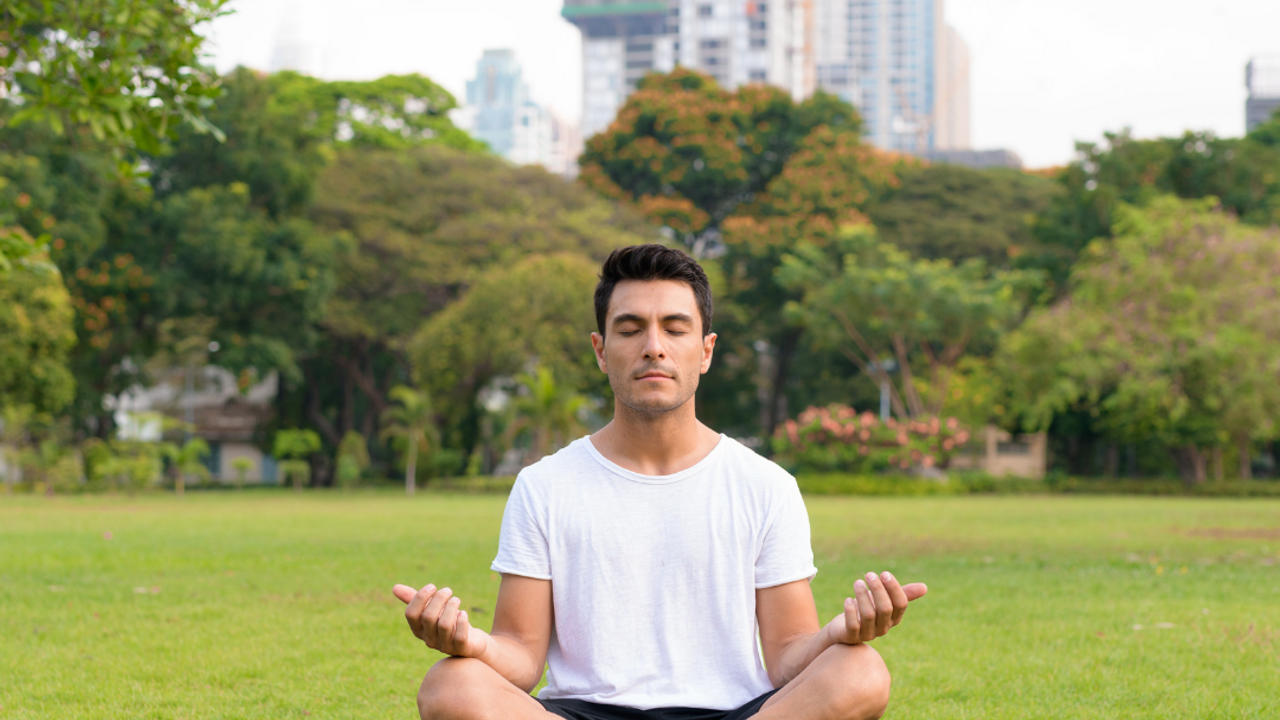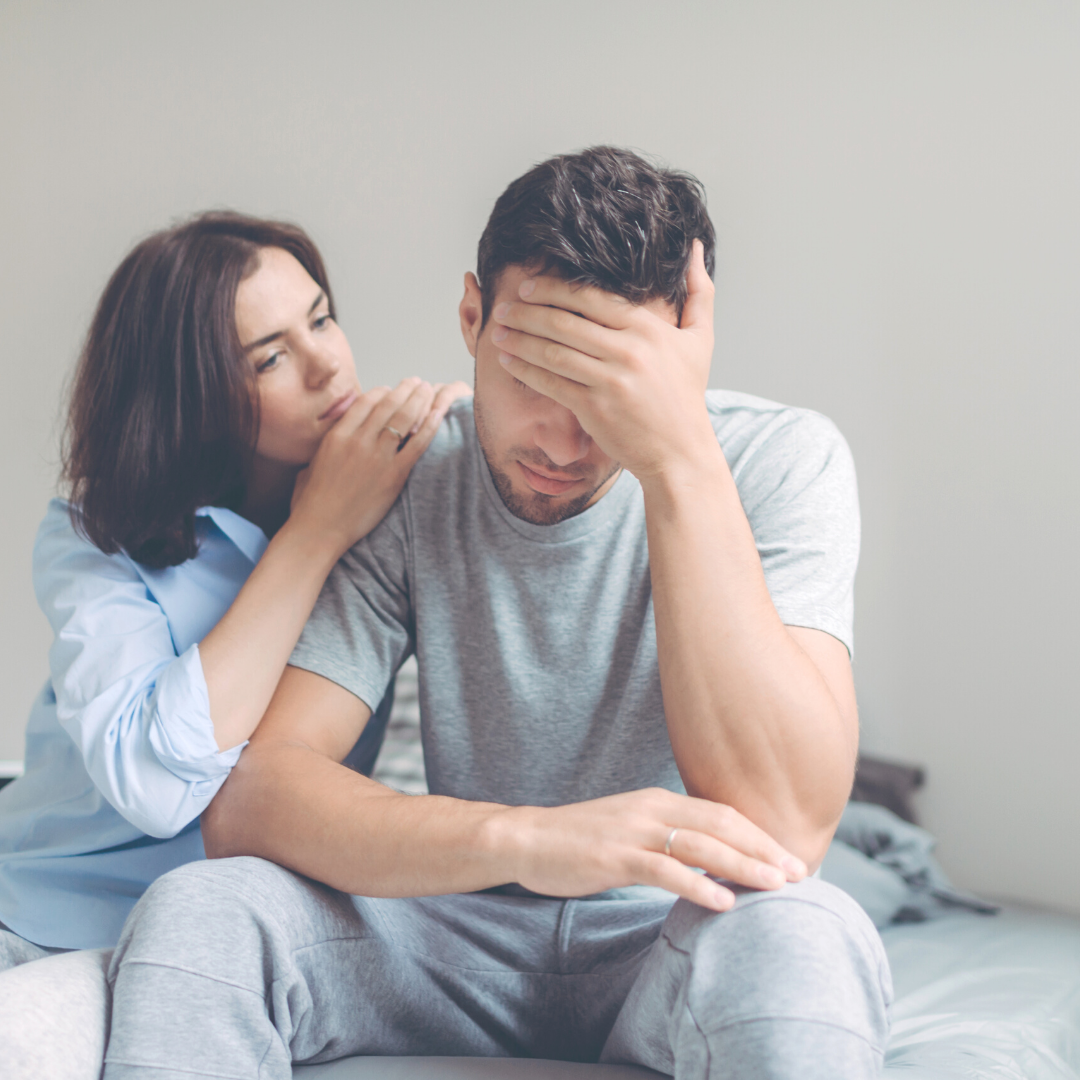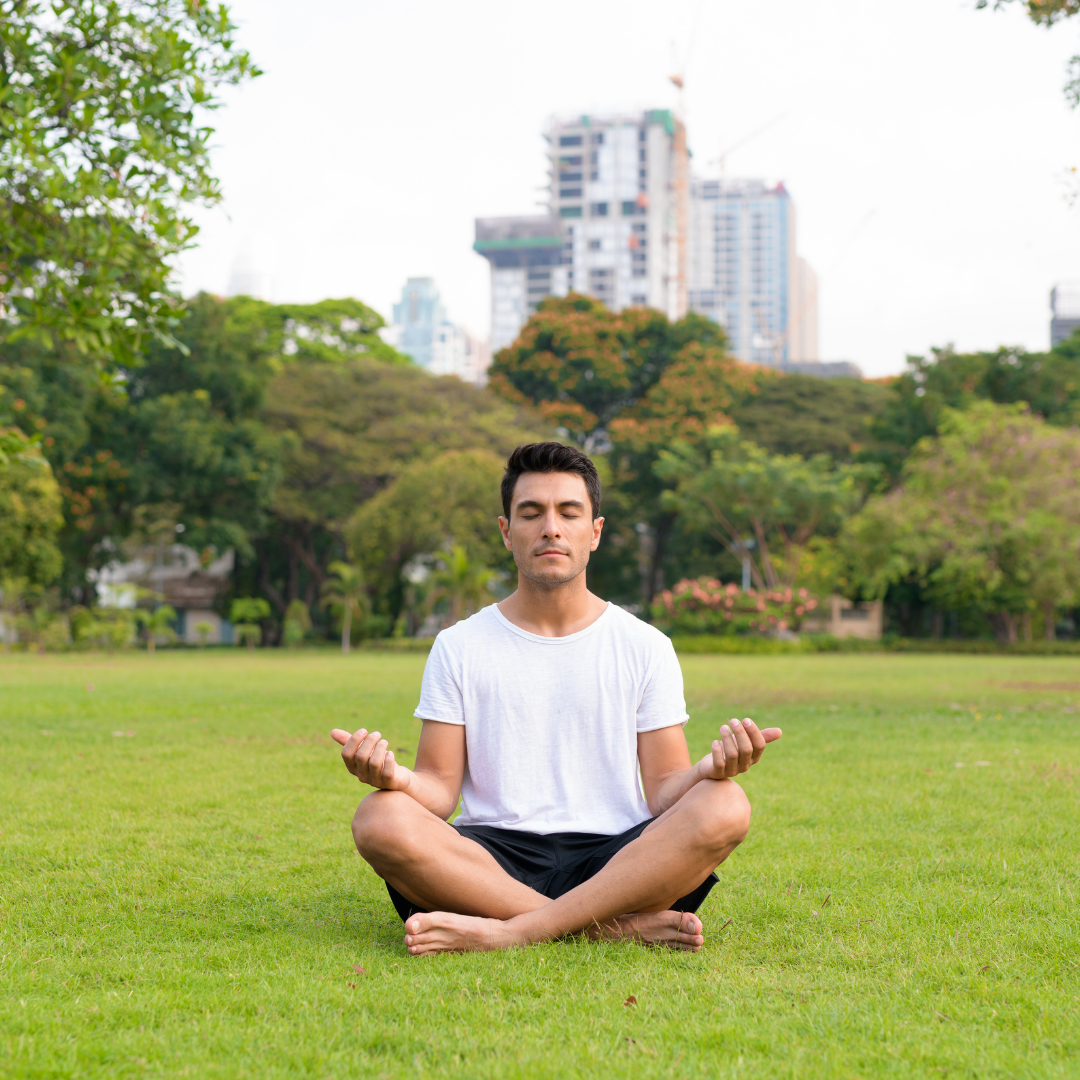Anxiety: Understanding Your Triggers And Symptoms
Jul 06, 2022
Have you been a victim of anxiety your entire life but never explored healthy coping mechanisms to help you manage them? Have you perhaps thought about learning how to prevent anxiety or how you can self-soothe when anxiety sets in? It’s completely understandable if you haven’t as this insight hasn’t always been easily accessible. The good news is that you have now discovered the right community.
In today’s high-speed world, there is no better time to learn how to treat your anxiety. Learning and applying appropriate methods to handle your anxiety involves a lot of patience, self-compassion and gentleness. Some find this is more challenging than others, so don’t be too hard on yourself. Wherever you are on your journey is exactly where you’re meant to be. The key is remaining open-minded as you heal, grow and uncover parts of yourself that you never knew existed.

What Triggers Anxiety
Certain situations or actions that lead to feelings of worry or fear are known as anxiety triggers. These triggers can sometimes magnify symptoms of anxiety which, in severe cases, lead to panic attacks. Anxiety triggers include both internal and external factors, such as stressful life events, interpersonal conflict or unhealthy environments. Take a moment to introspect. What are your anxiety triggers? When do you find yourself feeling tense? Identifying the triggers that evoke sudden feelings of fear or concern is the first step towards freeing yourself from the burden of anxiety.
Some anxiety triggers you may experience:
- Caffeine: Excessive caffeine consumption can contribute towards feelings of anxiety or worsen symptoms.
- Health Problems: Medical conditions, such as heart problems, overactive thyroid function and low blood sugar, can trigger anxiety.
- Medications: Prescription and over-the-counter medications, such as hormonal birth control and cold medicines, can trigger anxiety.
- Relationship Problems: Some people may find that conflicts with their spouse, parents or other family members can trigger anxiety.
- Stress: Stress brought on by significant life events such as graduating from university, the death of a loved one, finalising a divorce or facing a job loss are common anxiety triggers.
- Conflict: Disputes at home, school or the office can cause significant stress and trigger anxiety.
- Social Events: What triggers social anxiety and anxiety attack symptoms differ from person to person. Social anxiety triggers can include attending parties, family get-togethers or work functions.
- Finances: Concerns about paying bills or saving money for retirement can trigger ongoing stress and anxiety.
- Substance Abuse: Use of substances such as alcohol can trigger anxiety.
- Interruptions in Sleep Patterns: Insufficient or interrupted sleep can result in elevated anxiety levels throughout the day.
- Changes in Routine: Significant changes in routine, such as starting a new job, having a baby or beginning university can generate substantial stress and anxiety.
Understanding Your Triggers

Many of our clients who live with anxiety first wonder how to identify their anxiety triggers. Although anxiety triggers are unique to each person, there are many common factors among anxiety sufferers. Acknowledging and understanding anxiety triggers can help an individual learn beneficial coping strategies to manage their condition successfully and subsequently thrive in their lives, even when anxiety hits. So you might be wondering, where do I begin? Below are some tips to support you on your path towards recognising your anxiety triggers.
- Keep a journal: Keeping track of your feelings on paper is a great way to help you quietly observe what situations bring out unnerving emotions within you.
- Identify major stressors: Life stressors such as relationship turmoil, job changes, pregnancy or death of a loved one can all contribute to your rising anxiety levels.
- Reflect on past experiences: Previous trauma can trigger anxiety, and often this is subconscious. Take some time to consider how negative past experiences might still be affecting you today or affecting your beliefs and choices.
- Talk to someone: A trusted friend or family member can provide valuable insight on situations that trigger your anxiety. If you need additional help, consider connecting with a wellness mentor or psychologist to help you dig deeper into the causes of your triggers.
- Listen to your body: Take note of what you’re eating. A poor diet along with caffeine, sugary foods and alcohol can all raise cortisol levels, our primary stress hormone.
Identifying anxiety triggers requires commitment to self-development and the willingness to truly understand yourself on a deep level. Though it might be confronting, it will most definitely be worthwhile. Through this journey, you will develop the proper coping techniques to nurture yourself, effectively manage your condition and foster self-care.
Coping with Anxiety Triggers

Without known triggers, anxiety can be challenging to understand and cope with. Thankfully, with an abundance of knowledge, awareness and practical coping techniques we have to offer, you are one decision away from engaging in strategies that can help you better manage your anxiety.
To help you get started, here are some self-help tips for managing anxiety:
- Schedule worry time to limit the ability for your anxiety to dominate the day
- Practise deep breathing exercises
- Exercise regularly to release dopamine and endorphins
- Maintain a consistent sleep routine
- Limit caffeine intake
- Practise relaxation techniques, such as yoga and mindful meditation
- Maintain a daily routine to empower yourself and reduce uncertainty
Mental fitness is defined as a state of well-being and having a positive sense of how we feel, think, and act. This means ensuring your brain and emotional health are always in good shape, prioritised and understood. The team at Iswara focuses on supporting clients to develop healthy living strategies in order to thrive at home, at work and in every area of their lives.
If you are looking for mental wellbeing support or perhaps you would like some key tools to bolster your personal growth, we invite you to unleash your power within through our empowerment series comprised of over 60+ empowerment practices using meditation, mindfulness, positive psychology, subliminal strategies and more. Not ready to commit? We have a 14 day trial for you to explore and also offer the empowerment mini series, completely FREE.
Stay connected with news and updates!
Join our mailing list to receive the latest news and updates from our team.
Don't worry, your information will not be shared.
We hate SPAM. We will never sell your information, for any reason.

